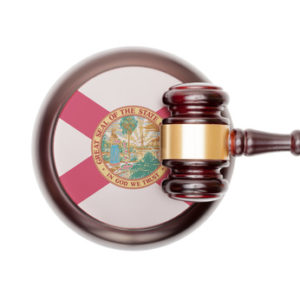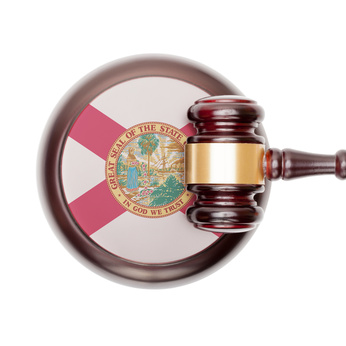 The Florida Third District Court of Appeal recently granted rehearing en banc in Deutsche Bank Trust Company Americas v. Beauvais, a case holding that a Florida five-year statute of limitations would bar the re-filed foreclosure action at issue.
The Florida Third District Court of Appeal recently granted rehearing en banc in Deutsche Bank Trust Company Americas v. Beauvais, a case holding that a Florida five-year statute of limitations would bar the re-filed foreclosure action at issue.
In so ruling, the Court posed two factual questions to the parties, and requested amicus curiae briefs from the Mortgage Bankers Association of South Florida, the Business Law Section of the Florida Bar, the Real Property Probate & Trust Law Section of the Florida Bar, the Florida Alliance for Consumer Protection, Fannie Mae, and Freddie Mac.
A copy of the ruling is available at: Link to Opinion.
The crux of the Appellate Court’s original opinion was whether dismissing a foreclosure case without prejudice “decelerated” the acceleration of the debt on which the suit was based. The Court found it did not. As there had been no “deceleration,” a mortgagee could not use a subsequent default to accelerate again and re-file outside the five-year statute of limitations the initial acceleration triggered.
The practical implications of this decision are substantial. Under it, if a foreclosure case is dismissed without prejudice more than five years after the initial acceleration without “deceleration,” the mortgagee cannot re-file suit.
In granting the Nov. 12 rehearing, the Court posed two questions to the parties.
First, it asked the parties to identify any material in the record that reflects the parties’ treating the dismissal of the prior case as an “adjudication denying acceleration and foreclosure which placed the parties back into their respective contractual positions.”
Second, the Court asked what parts of the record showed “if, how, and when” the mortgagee notified the borrower that the dismissal of the prior action was an adjudication denying the mortgagee’s initial acceleration.
These questions imply that the Court is asking the parties only to highlight any facts in the record that would cut against the original appellate panel’s decision.
By contrast, the Court asked the amici to answer more broad questions about industry practice, as well as the main legal issue — i.e., the interplay between acceleration, dismissal, and any supposed “deceleration.”
Specifically, the Court asked a number of questions about standard practices for acceleration and deceleration of mortgages. Most critically, the Court asked whether, in light of Florida Supreme Court precedent, “is deceleration inapplicable if a different and subsequent default is alleged.”
Bartram v. U.S. Bank also addresses the statute of limitations for enforcing a mortgage. That case is currently pending in the Florida Supreme Court, with oral argument set for Nov. 4.


